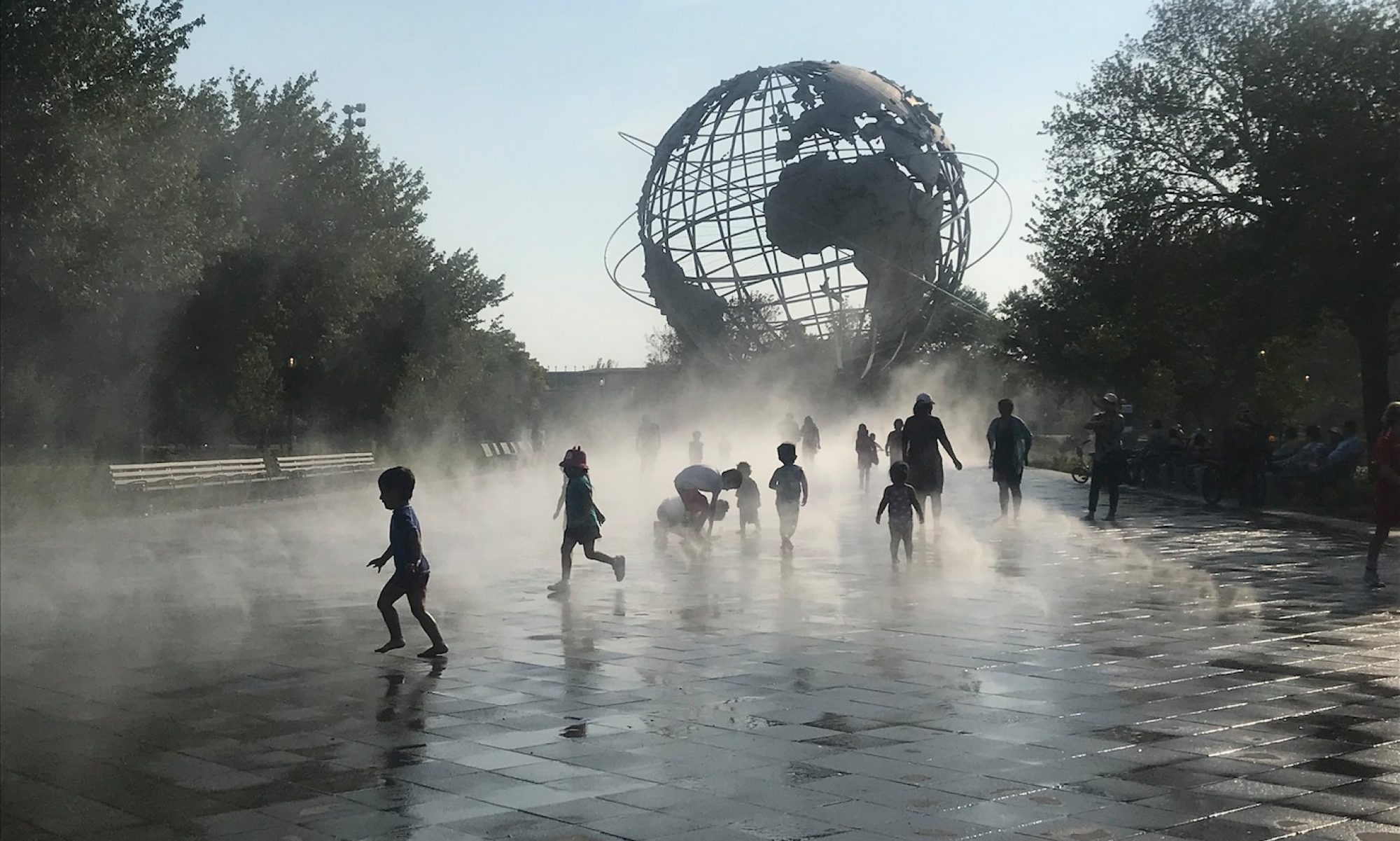Rights Here is a place to share thoughts on strategy from what I’ve learned over (many!) years working on human rights, climate change and corporate accountability, and to invite others to join the conversation.
Three threads have been recurrent in various forms throughout my work. They spell the somewhat odd acronym “LOM”.
LOCAL: Human rights begin and end close to home, in the lived reality of people’s lives in all their messy complexity and nuance, and in the context-specific dimensions of the places where people live and work.
OPEN: And yet…realizing human rights “here” often means accountability “over there”, where political and economic decisions are made. This means tracing and exposing lines of responsibility and finance, opening up the space for genuine participation in decision-making, making sure government officials and corporations (and the blurry lines between them) are accountable, and ultimately breaking down the imbalances in power that have brought our planet to breaking point and deepened inequality along gender, racial, economic and so many other lines.
MULTIPLICITY: There’s power in numbers. Yet building power in numbers – through organizing, multi-issue coalitions and so on, does not mean erasing the agency and uniqueness of individuals. It means, mosaic style, coming together to create a whole that has more impact and influence than any one person acting alone can. Doing this is never easy. In fact in many cases the harder it is, the more you know it is working. But bridging boundaries and finding points of connection is fundamentally important – in itself it is a process that requires attention, continued learning, experimentation, and appreciation of the journey as well as the destination(s).
A few more things:
This site is a project of Annabel Short.
- Check out Linkedin for my professional experience so far: a mix of international human rights and local-level advocacy
- Recent pieces: “Cities – A Growing and Necessary Target for Human Rights Advocacy” (Open Global Rights); “What the 2021 Pritzker Prize says about social value“; and “A private equity accountability gap“
- A series of stories on people who are transforming the way we build in New York City (with insights for elsewhere), so that what we build is aligned with local priorities, respects workers’ rights and strengthens resilience to climate change
- Local creative projects: 51-1.org / 30th Ave – A Year in the Life of a Street / I Live Here – Queens.
- Contact: annabel (at) rightshere.org
